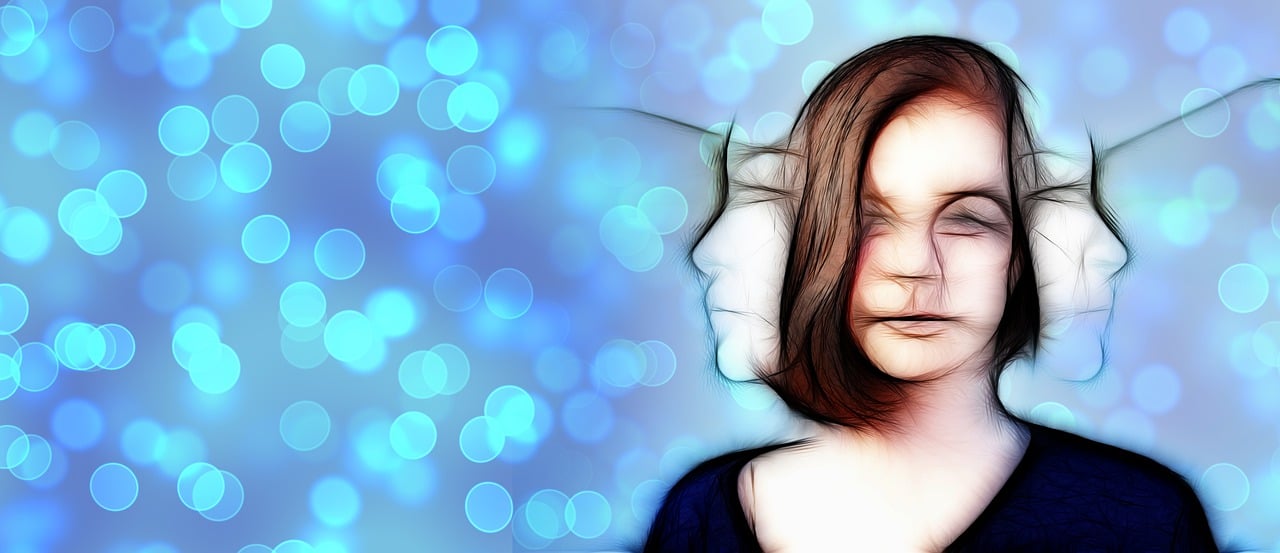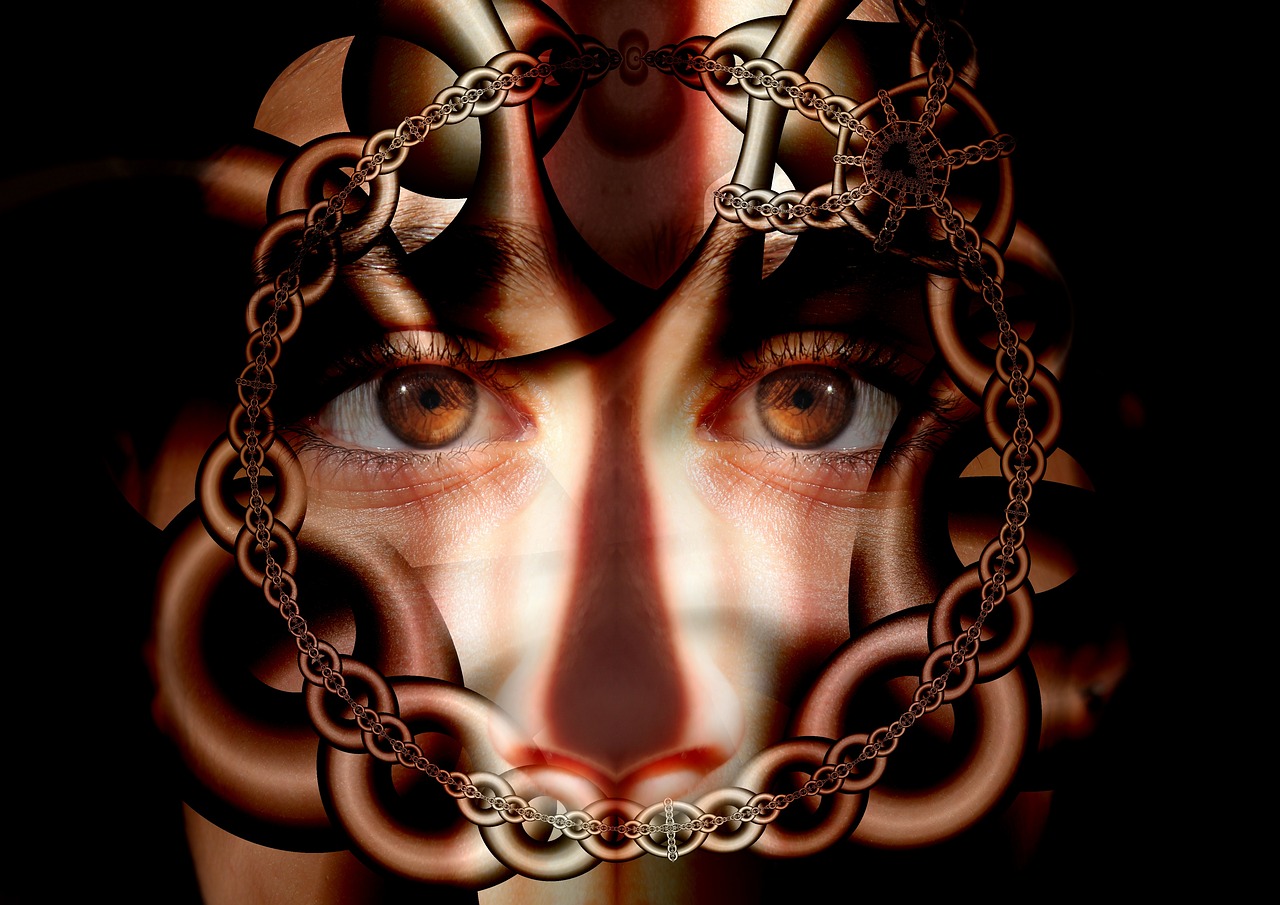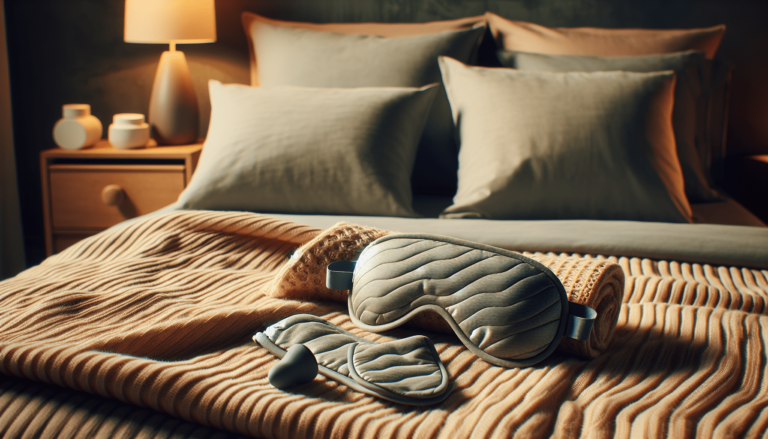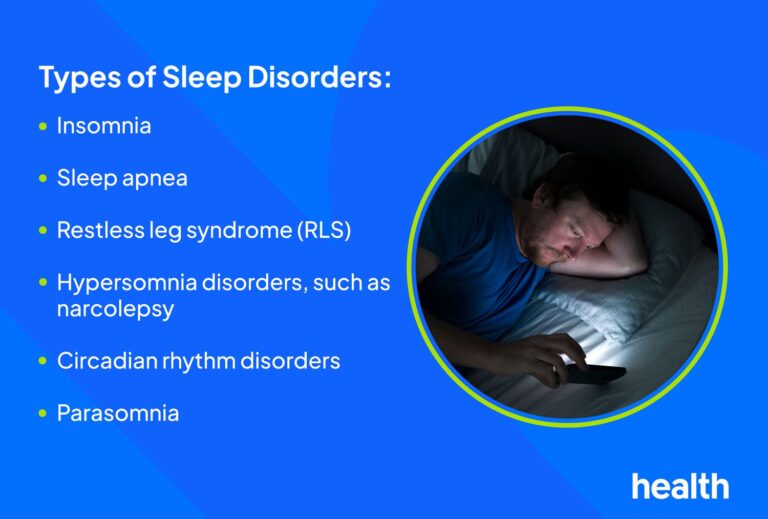Is Bipolar Disorder A Sleep Disorder?

In the bustling rhythm of today’s world, the elusive quest for a good night’s sleep often intersects intriguingly with various health concerns, one of which is bipolar disorder. At Vector Sleep Clinic, we explore the complex relationship between sleep disruptions and bipolar disorder, understanding that while bipolar disorder itself is principally a mood disorder, its marked impact on sleep patterns frequently mirrors that of common sleep disorders. This similarity poses an intriguing question: Is bipolar disorder a sleep disorder? Delving into this topic, we aim to unpack the nuanced ways in which sleep and mood regulation intertwine, shedding light on the importance of comprehensive care in achieving restorative sleep and better overall well-being.
Is Bipolar Disorder A Sleep Disorder?
Have you ever wondered about the intricate link between sleep and mental health? Well, you’re not alone. Many experts delve into this question regularly. Particularly, does bipolar disorder qualify as a sleep disorder? Let’s unravel this mystery together!
This image is property of pixabay.com.
Understanding Bipolar Disorder
First things first, let’s clarify what bipolar disorder is. This mental health condition is characterized by significant mood swings. These include emotional highs (known as mania or hypomania) and lows (depression). During a manic phase, you might feel euphoric, full of energy, or unusually irritable. A depressive episode, on the other hand, can leave you feeling sad, indifferent, or hopeless, often with a lack of energy.
The Role of Sleep in Bipolar Disorder
Sleep plays an unquestionably crucial role in bipolar disorder. Disturbances in sleep patterns are not only a common symptom; they can also be a precursor to mood episodes. Let’s delve deeper:
Sleep Patterns in Bipolar Disorder
People with bipolar disorder often experience irregular sleep patterns. During manic episodes, you might notice decreased need for sleep. Conversely, during depressive episodes, you might either have trouble sleeping (insomnia) or sleep too much.
How Sleep Affects Mood Episodes
Several studies suggest that sleep deprivation can trigger mania in people with bipolar disorder. On the flipside, too much sleep can usher in depressive episodes. It’s a delicate balance where both too little and too much sleep can be detrimental.
Is Bipolar Disorder a Sleep Disorder?
Now to address the central question: No, bipolar disorder is not classified as a sleep disorder. However, it has significant sleep-related components. Bipolar disorder is primarily a mood disorder categorized by its distinct mood episodes.
Distinction Between Sleep and Mood Disorders
While disorders such as insomnia and sleep apnea directly impact sleep, affecting its quality, duration, and consistency, bipolar disorder impacts mood primarily. The sleep disturbances in bipolar disorder are more of a symptom or a consequence rather than the core of the disorder.
Sleep Studies and Bipolar Disorder
You might wonder why undergo a sleep study if you have bipolar disorder. While a sleep study won’t diagnose bipolar disorder, it can be instrumental in understanding your sleep patterns and their impact on your mood disorder.
Why Consider a Sleep Study?
-
Identify Underlying Sleep Disorders: It’s possible to suffer from both bipolar disorder and a separate sleep disorder such as sleep apnea. Identifying and treating any co-existing sleep disorder can significantly improve overall treatment outcomes.
-
Customize Treatment Plans: Understanding your individual sleep patterns can help customize your treatment plan, possibly enhancing the effectiveness of treatments for mood stabilization.
This image is property of pixabay.com.
Treatment Approaches: Integrating Sleep Management
Managing sleep is an integral part of treating bipolar disorder. Here’s how treatment can be approached:
Medications
Certain medications used to treat bipolar disorder also help regulate sleep. These might include mood stabilizers, antipsychotic medications, and in some cases, sleep aids prescribed to use cautiously under strict medical supervision.
Behavioral Approaches
Cognitive-behavioral therapy for insomnia (CBT-I) is often used to treat sleep problems, including those associated with bipolar disorder. Techniques include stimulus control therapy and sleep restriction therapy, which are tailored to individual needs.
Lifestyle Adjustments for Better Sleep
Alongside medical treatments, making lifestyle adjustments can help tremendously:
-
Regular Sleep Schedule: Sticking to a consistent sleep schedule reinforces your body’s sleep-wake cycle.
-
Mindful of Stimulants: Avoiding caffeine and nicotine close to bedtime can prevent sleep disturbances.
-
Creating a Restful Environment: Ensure your bedroom is conducive to sleep—quiet, dark, and cool.
Environmental Adjustments
In addition to personal adjustments, making sure your sleeping environment supports your sleep is crucial. This includes aspects like the right temperature, minimal noise, and comfortable bedding.
This image is property of pixabay.com.
The Future of Research in Bipolar Disorder and Sleep
Research continues to explore the connections between sleep and bipolar disorder. Advances in technology and analytics help scientists better understand how sleep patterns influence mood disorders and vice versa. This ongoing research promises more effective interventions in the future.
Summary
In conclusion, while bipolar disorder is not a sleep disorder, the relationship between the two is profoundly intertwined. Acknowledging the role of sleep in bipolar disorder can pave the way for more comprehensive and effective treatment strategies. Whether it’s through dedicated sleep studies, appropriate medical interventions, or simple lifestyle changes, addressing sleep issues is a crucial step in managing bipolar disorder effectively.
Remember, sleep isn’t just a period of rest; it’s a significant player in your holistic mental wellbeing, particularly if you’re managing a condition like bipolar disorder. Taking steps to improve sleep can not only ease the symptoms of the disorder but also enhance your overall quality of life. So, consider sleep an essential ally in your journey with bipolar disorder.








